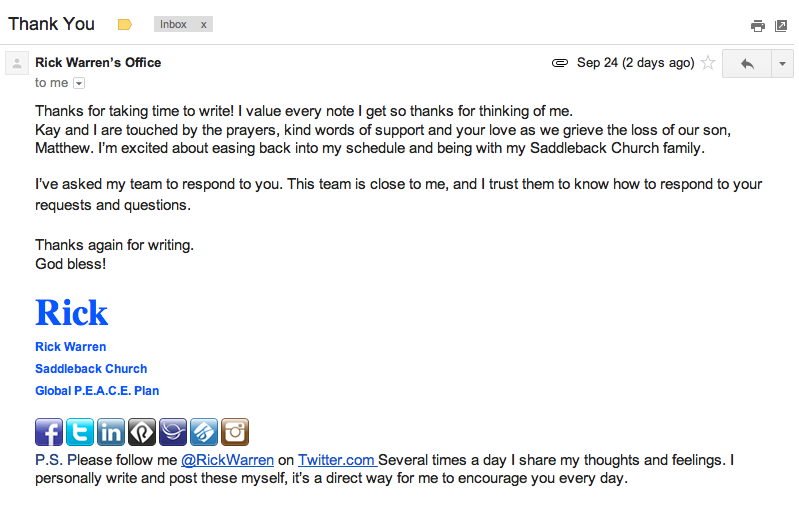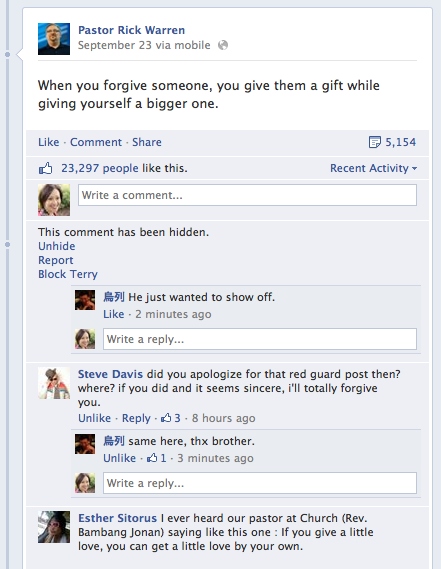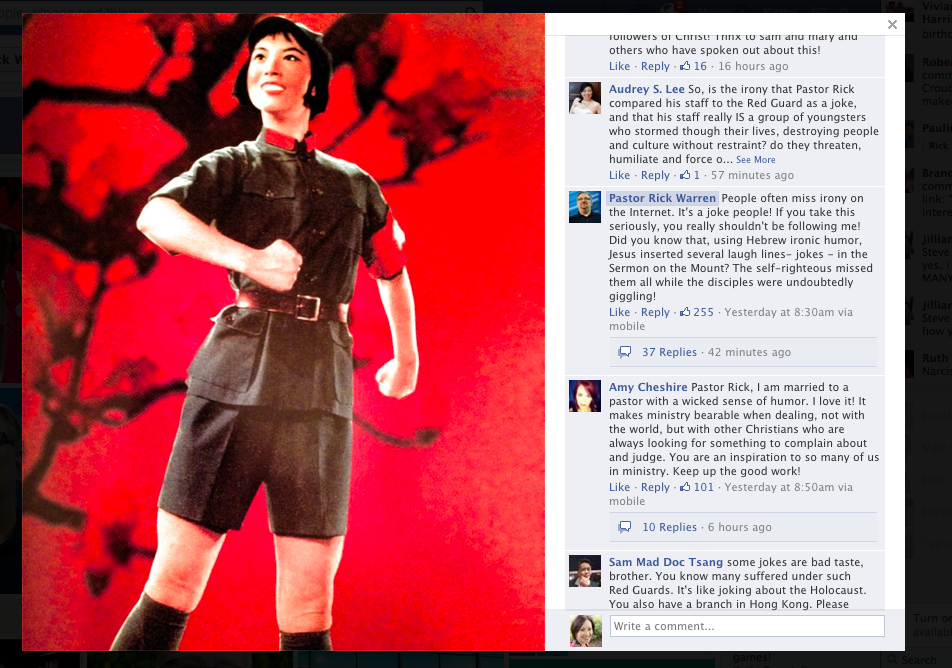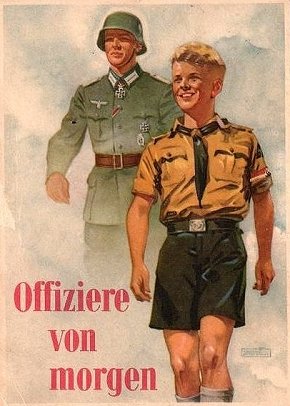Progress:
After almost a decade after having published a vacation Bible school curriculum titled “Far-out Far East Rickshaw Rally – Racing Towards the Son”, LifeWay Christian Resources president and CEO Thom Rainer issued an apology for the company’s decision to use offensive stereotypes in the materials. I wasn’t at the Mosaix conference where the video apology was shown but thanks to social media I heard about yesterday…
Rainer never refers directly to the Open Letter from Asian American community to the Evangelical Church, but folks closer to the decision have said that the letter brought the Rickshaw Rally controversy back into present-day discussions.
I’ve been laying low on blogging about the letter and the events that preceded the letter, in part, because I was just tired of emails asking me to withdraw my criticism, questioning my commitment to Christ, and accusing me of all sorts of shenanigans. Speaking out isn’t the most comfortable thing, EVEN FOR ME, but not saying something, not speaking out and drawing attention to the brokenness in the Church in those recent situations wasn’t a choice. And to hear that Rainer, who was not the president and CEO at the time of the Rickshaw Rally decision, chose to look back at the organization’s past, acknowledge the offense, and publicly apologize for it is reason enough to continue to encourage me and others to speak out. I’m writing this not as an “I told you so” but rather as a “Come and see what God has done, his awesome deeds for humankind!” (Ps. 66:5)
As Asian American Christians, we have all sorts of cultural nuances and baggage that perpetuate self-silencing in the name of maintaining harmony and perceived peace. Sometimes that “peace” has been at the cost of identifying and celebrating the unique gifts and blessings our cultures bring to the diverse Kingdom of God.
The Open Letter and the many voices it helped amplify and release is progress. The apology is progress.
Prep:
So I should really be focusing on prepping for a set of national leadership meetings for InterVarsity Christian Fellowship’s Asian American Ministries. I have a book to finish reading and a few folks to contact about my visit to NYC. I also should be practicing my talk for the Q Focus: Woman & Calling event I will be presenting at next Friday, but I am still finishing the prep for my talk. (By the way, there is still some overflow space and streaming options.)
I’m anxious. I am trying not to worry about how I will do and focus on the message I have on my heart, the message God has been pushing and pressing into my heart and into the shredded margins of my day-to-day. I don’t think ambition is wrong. I think many of us are afraid of what ambition will do to us, bring to us, how it will challenge us in what we believe about and value in the world, God, and ourselves.
And I’m thinking a lot about ambition because my oldest has gotten her first college acceptance, and she has her first audition tomorrow. She has dreams, goals, hopes, and ambitions. She is a dancer. Dancers want to dance. My heart and mind are distracted by her ambitions, and as her mother, not as a speaker, I am trying to embrace the moment, face my fears, and prep, which leads to the third part.
Packing:
We leave in three hours or so to Kalamazoo. Bethany’s audition is for the dance program at Western Michigan University, and I am incredibly nervous. And I don’t have to do anything! And as I try to finish this post and make my mental packing list there is a lovely sense of convergence.
My daughter is a “good” student and she is an artist. Last year she choreographed a piece that took my breath away and left many in the audience reflecting on the power of dance. She doesn’t become a different person when she performs. She becomes more of who she is. And every time I tell someone she wants to major in dance she is breaking the model minority stereotype that doesn’t seem harmful or hurtful until you are the one either in the teeny, tiny box of what is acceptable or outside of that box being told you are failure. She hopefully will do with her art what I have been trying to do with mine – creating opportunities for progress, pushing fear aside, identifying God-given gifts as something to exercise and explore.
And just like that, it’s time to go.
What are the things you faced today?





